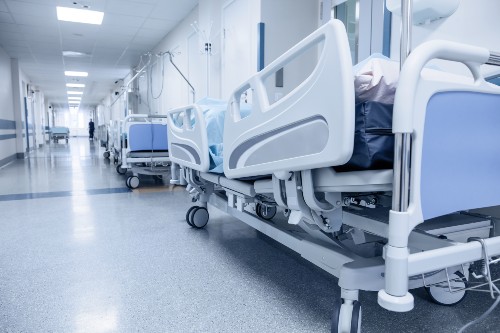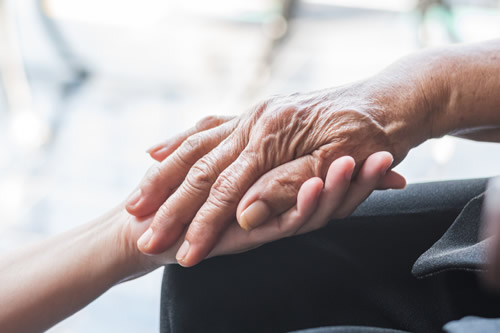An improved methodology for studying COVID-19 recovery rates
A study of COVID-19 patient hospitalisation and recovery rates in France.
The global COVID-19 crisis has seen the media cover a torrent of data on every facet of the outbreak. Due to the way some data has been aggregated, key statistical information has been lost.
Focusing on data relating to hospitalisations in France, this research proposes a new methodology that can help overcome this problem.
The goal of the study is to estimate the hazard function of the time elapsed since admission in hospital until either death or recovery.
Key insights of the study:
- The probability of "getting-out-of-hospital-tomorrow" is a decreasing function of how long the patient has been in hospital already. This leads to the perhaps surprising conclusion that the remaining time in hospital is an increasing function of how long the patient has already stayed.
- The probability of getting out of the hospital alive is increasing as a function of how long the patient has stayed in hospital already.
- Age is a significant marker of chances of recovery, with the young doing better than the middle aged, who themselves recover better than the elderly.
- Women in hospital recover slightly better than men.
The study's conclusions are relevant to further modelling of aspects the pandemic, and also as a new statistical methodology per se.
The report summary can be downloaded at the link below.




